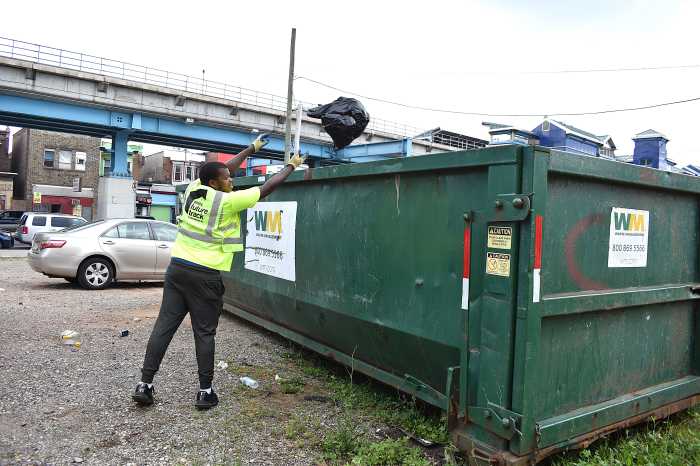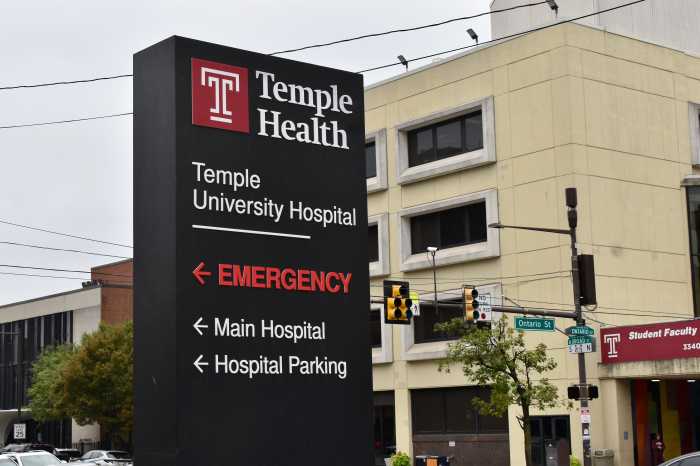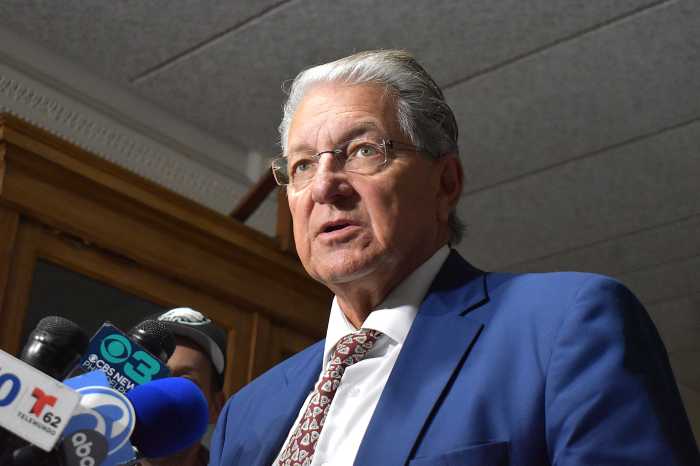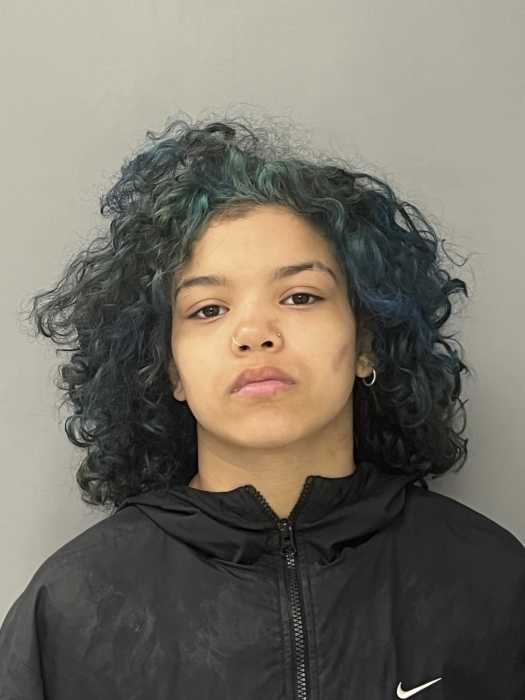Philadelphia’s top prosecutor is suing several pharmaceutical giants for allegedly conspiring to raise insulin prices.
District Attorney Larry Krasner, a diabetic himself, said in a statement that drug manufacturers and pharmacy benefit managers that control the insulin market “put profits ahead of the lives and well-being of the people.”
The lawsuit was filed in October but was only publicized last week, when Krasner held a press conference to discuss the case. Many other states, counties and cities have filed similar insulin-focused claims in recent months.
Attorneys for the DA’s Office, in a 175-page complaint, accuse the corporations of violating Pennsylvania’s Unfair Trade Practices and Consumer Protection Law by manipulating prices.
Pharmacy benefit managers, or PBMs, prioritize higher-priced drugs because they receive a percentage of that number as a payment, the suit alleges. The same, somewhat complicated arrangement helps drug manufacturers make more money and they raise prices in unison, according to their argument.
People who need insulin are misled and ripped off, the attorneys claim. Insulin costs about $2 a vial to make but is sold for $300 to $700, compared to $20 per vial for essentially the same product in the 1990s, according to the DA’s Office.
Many of the details surrounding the arrangement were laid out in a 2021 U.S. Senate investigation.
Krasner is asking the court to order the companies to refund overcharged diabetics; pay a penalty and stop violating the commonwealth’s trade laws.
Data from the Philadelphia Department of Public Health shows that diabetes affects about 11% of the city’s adult population, or 135,000 people.
Among the corporations named in the lawsuit are Eli Lilly, Novo Nordisk, Sanofi, CVS Caremark, Express Scripts and OptumRx. The companies have denied collusion and are fighting the allegations in court.
In recent months, the manufacturers – Eli Lilly, Novo Nordisk and Sanofi – have lowered insulin prices and/or instituted caps. These recent developments, the DA’s attorneys argue in court documents, do not undo past harm or shut down the current alleged pricing scheme.
Lawyers for both sides are currently sparring over whether the Philadelphia lawsuit should be assigned to a New Jersey federal judge currently overseeing a multitude of insulin-related cases. Krasner’s legal team is arguing that his case should be considered on its own.





























